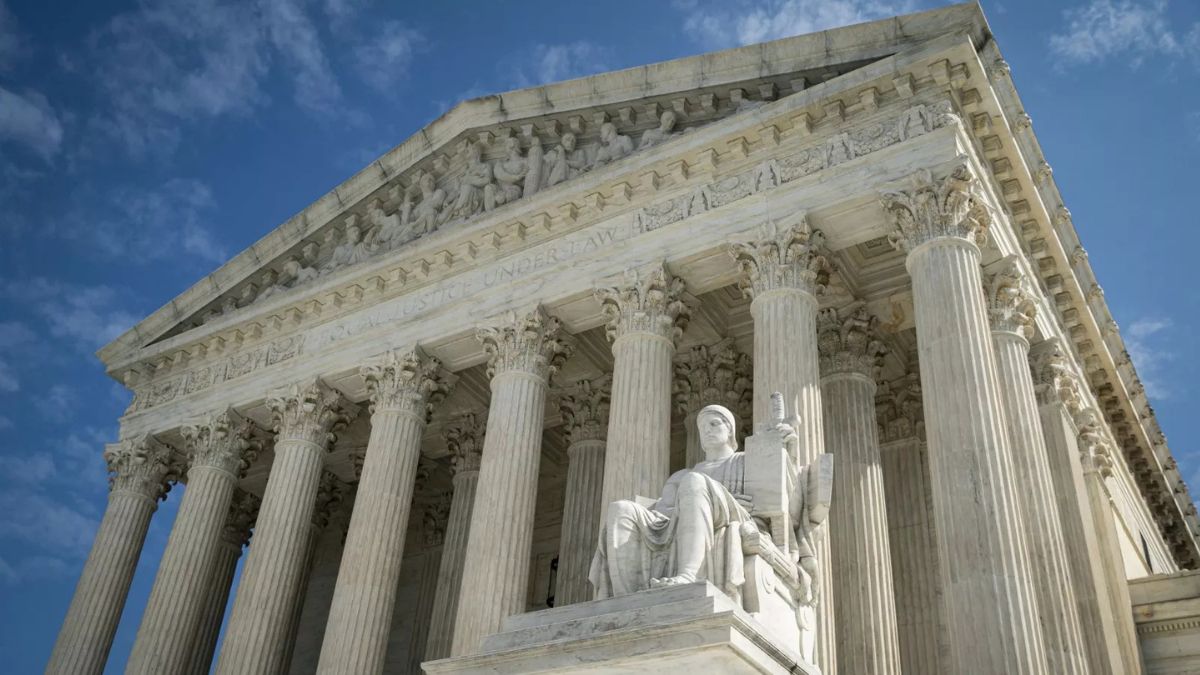


What we think of as Europe is pretty easy to define these days. But it wasn’t always so, and it may not be for long.

Is Europe a continent? This is not a trick question.
Geographers and historians aren’t quite sure. Not for reasons having to do with “political correctness” or other ideological controversies, but because of geography.
With the other six continents—Asia, Africa, Australia, Antarctica, North America, and South America—it’s fairly simple to tell where they begin and end. But the same can’t be said of Europe. As Wikipedia tells us, “the borders of Europe . . . are arbitrary.”
Yet as Wikipedia also tells us, the definition of a continent, especially Europe, also includes “cultural and political” elements.
And as a recent article in the Atlantic Monthly told readers, in Europe’s case, “culture” until recently meant Christianity.
In the article, provocatively entitled “How Islam Created Europe,” Robert D. Kaplan tells readers that in Greek and Roman times, “Europe” referred to the “world surrounding the Mediterranean.” In fact, the mythological character Europa, from whom we get the word “Europe,” was a Phoenician woman from what is now Israel and Lebanon.
In this understanding, “Europe” included places like North Africa, but not what’s now Germany, France, the Netherlands, and Scandinavia.
What changed this definition was the spread of Islam across North Africa and the eastern Mediterranean, what is known as the Levant. Islamic civilization, especially when its forces were turned back by Charles Martel at the battle of Tours in 732, gave people all across Christian Europe something to define themselves against.
As the expression “Christian Europe” suggests, over time Europeans came to see themselves as part of a larger entity that was, like the Islamic world, defined in religious terms. Kaplan quotes the 1957 book, “Europe: The Emergence of an Idea,” which tells readers that “European unity began with the concept . . . of a Christendom in ‘inevitable opposition’ to Islam.”
The most famous example of this “inevitable opposition” is, of course, the Crusades. While the Crusades are endlessly debated, one thing about them isn’t: The European forces saw themselves primarily as a force of Christians, which was their shared identity and basis for unity.
Christianity was the source of the “cultural and political” elements that make Europe a continent and not simply a glorified peninsula at the end of the Eurasian landmass.
And that prompts the obvious question: What do you call Europe without Christianity? Kaplan’s answer, in keeping with his 2012 book, “The Revenge of Geography,” is that “classical geography is organically reasserting itself . . . [reuniting] the Mediterranean Basin, including North Africa and the Levant, with Europe.”
That reunification is being hastened, of course, by waves of hundreds of thousands of Syrian and African migrants, who by the way, “have no desire to be Christian.” This phenomenon threatens “to undermine the fragile social peace” as well as undermine the modern European project.
If so, it’s a self-inflicted wound. European elites have long worked overtime to downplay their Christian heritage, and have “used idealistic rhetoric to deny the forces of religion and ethnicity.” The most famous example of this was the preamble to the EU’s constitution, which omitted any mention of Christianity as a source of Europe’s “values.”
This is, historically-speaking, nonsense. It’s also self-destructive since, because, as Kaplan tells us, Christianity is one of the forces “that provided European states with their own internal cohesion.”
Without Christianity, Europe is hobbled in its attempts to resist the “reassertion of classical geography.” In other words, if Europe is eventually “islamicized,” as many predict, it will only be because it was first “de-Christianized.”
Further Reading and Information
Is There a Europe without Christianity?: A Continental Divide
For more on Europe and its Christian identity, check out the resources listed below.
Resources
How Islam Created Europe
Robert D. Kaplan | The Atlantic | May 2016
The Victory of Reason: How Christianity Led to Freedom, Capitalism and Western Success
Rodney Stark | Random House Trade | October 2006
God’s Continent: Christianity, Islam, and Europe’s Religious Crisis
Philip Jenkins | Oxford University Press, USA | April 2009
Have a Follow-up Question?
Want to dig deeper?
If you want to challenge yourself as many others have done, sign up below.
Webinars
Short Courses
Up
Next














